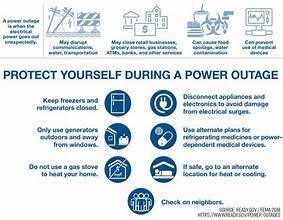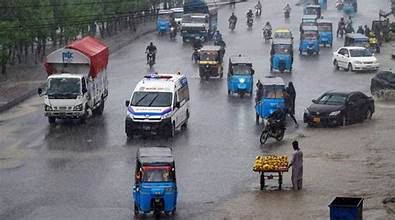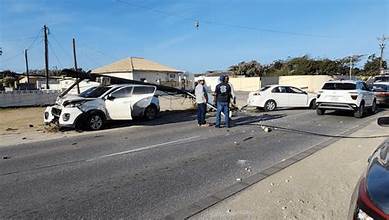
Osta Muhammad, a city in the Balochistan province of Pakistan, is currently grappling with frequent and prolonged power outages that are severely impacting the lives of its residents. While electricity shortages are a common challenge across the country, the situation in Osta Muhammad has become particularly dire, with extended load-shedding and unplanned outages putting immense pressure on the local healthcare system, businesses, and day-to-day life.
More than just an inconvenience, these outages now represent a growing public health emergency—especially amid rising summer temperatures and poor infrastructure.
The Electricity Crisis in Osta Muhammad
Osta Muhammad, like many parts of rural Balochistan, has long suffered from underinvestment in infrastructure. The city’s electricity grid is outdated, and transmission losses are high. In recent months, residents report experiencing power cuts lasting up to 18 hours a day, often without prior notice.
These blackouts not only disrupt daily routines but also have a compounding effect on the overall well-being of the population. In a region already struggling with poverty and limited access to quality healthcare, frequent outages are becoming life-threatening.
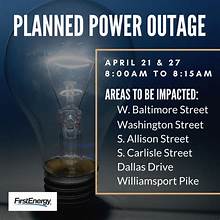
Impact on Healthcare Facilities
One of the most alarming consequences of the electricity crisis in Osta Muhammad is its impact on healthcare services. Local hospitals and clinics, already operating with minimal resources, are struggling to function during outages. Key medical equipment such as ventilators, incubators, and vaccine refrigerators require constant power. Without electricity, surgeries are postponed, patients in critical condition are at risk, and vaccine storage becomes unreliable—threatening public health initiatives.
Moreover, smaller private clinics and dispensaries often do not have backup generators, leaving them completely non-functional during extended power cuts. This leaves many citizens, particularly the elderly, children, and those with chronic illnesses, with nowhere to turn in emergencies.
Drinking Water and Sanitation Challenges
Power outages have also disrupted the city’s water supply systems. Electric pumps are essential to provide clean drinking water from wells and storage tanks to households. When electricity is cut, so is the water supply. As a result, many residents are forced to fetch water from unsafe sources, increasing the risk of waterborne diseases like cholera, diarrhea, and typhoid.
In addition, sanitation services are affected, as waste disposal systems and public toilets become unusable during outages. The combination of high temperatures, unclean water, and poor hygiene is a recipe for a potential outbreak of disease.
Heat-Related Health Risks
Osta Muhammad regularly experiences scorching summer temperatures exceeding 45°C (113°F). Without access to fans, air conditioning, or even basic ventilation during power cuts, people—especially laborers, children, and the elderly—are at serious risk of heat exhaustion and heatstroke.
Hospitals and emergency services report an increase in cases of dehydration, fainting, and other heat-related conditions. With no cooling systems available and minimal access to immediate medical care, the situation is turning deadly.
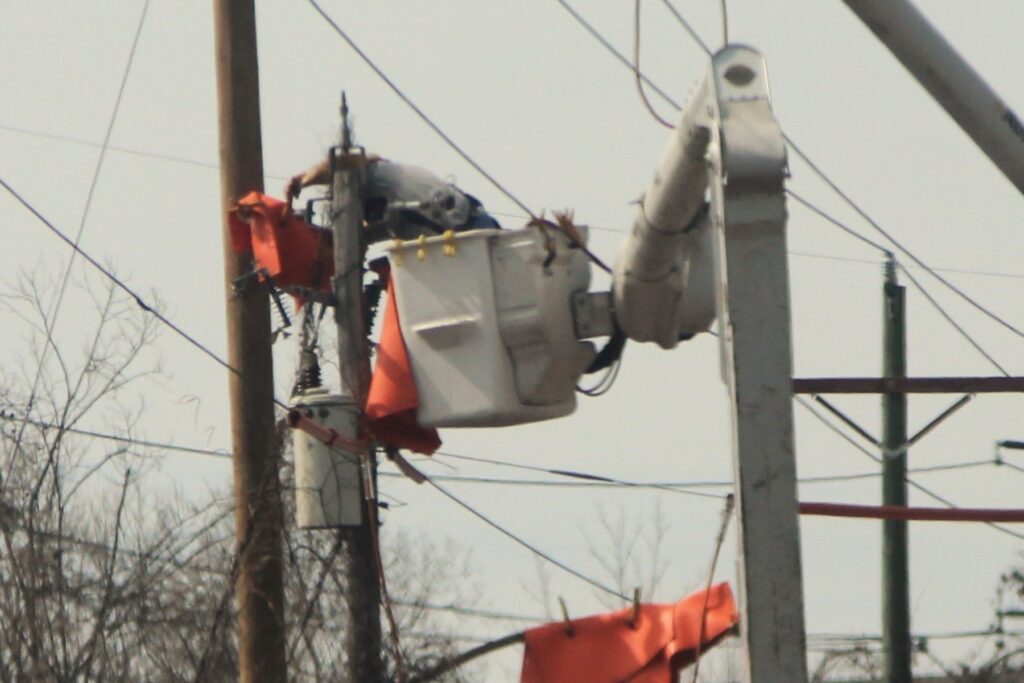
Impact on Local Economy and Mental Health
Beyond physical health, prolonged electricity shortages are also taking a toll on mental health and economic stability. Small businesses that rely on electricity—tailor shops, general stores, welders, and ice factories—are either forced to shut down or operate at a loss. Unemployment is rising, and financial stress is increasing.
Moreover, the stress of coping with daily power outages, combined with heat and financial instability, is contributing to mental health issues such as anxiety, depression, and anger. The lack of recreational facilities or community support in such conditions further isolates vulnerable individuals.
Community Response and Need for Government Action
Despite these hardships, the residents of Osta Muhammad are showing resilience. Local activists and NGOs have begun raising their voices on social media and in community forums, calling on the government and Quetta Electric Supply Company (QESCO) to address the crisis.
However, lasting solutions require more than public pressure. There is an urgent need for:
- Upgrading and maintaining transmission infrastructure
- Ensuring equitable electricity distribution
- Installing solar-powered systems in hospitals and water plants
- Providing relief funds and emergency services to affected areas
Conclusion
The situation in Osta Muhammad is a clear example of how infrastructure neglect and energy mismanagement can snowball into a serious public health emergency. Power outages are no longer just a matter of inconvenience—they are threatening lives. Immediate, coordinated action is required to ensure the safety and well-being of the city’s population.
The government must recognize this as a crisis and allocate resources accordingly to prevent further deterioration. Until then, the people of Osta Muhammad continue to suffer in silence under the weight of darkness.
